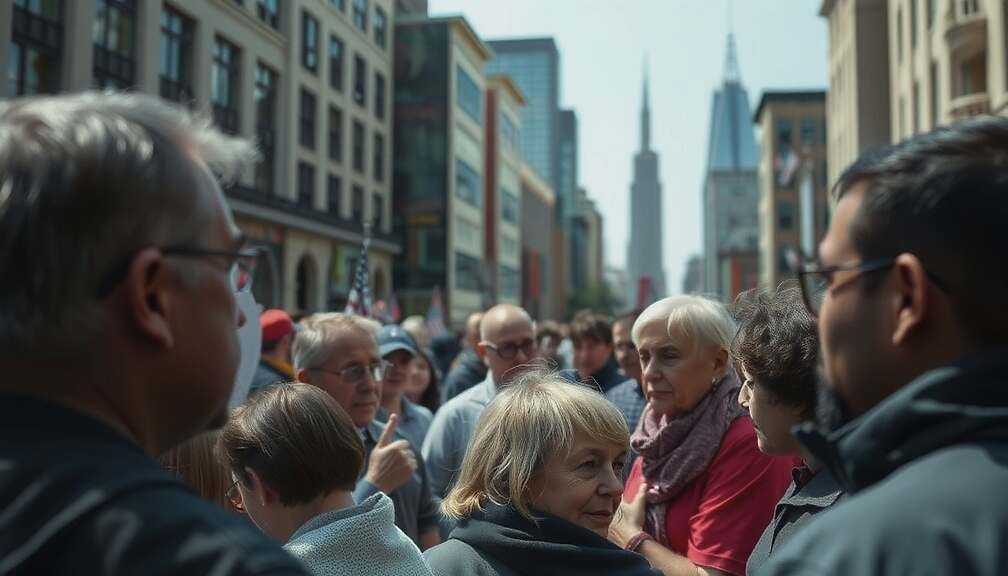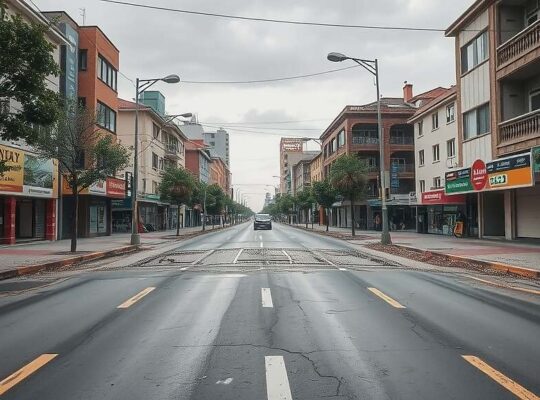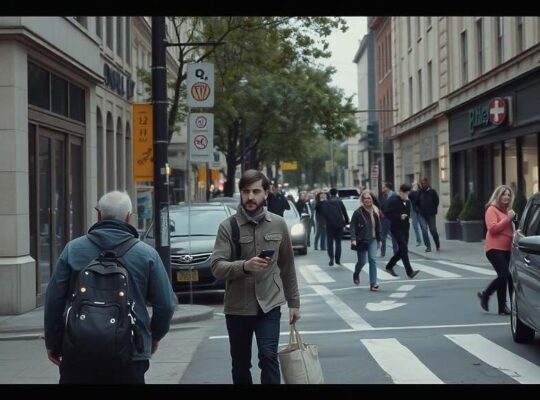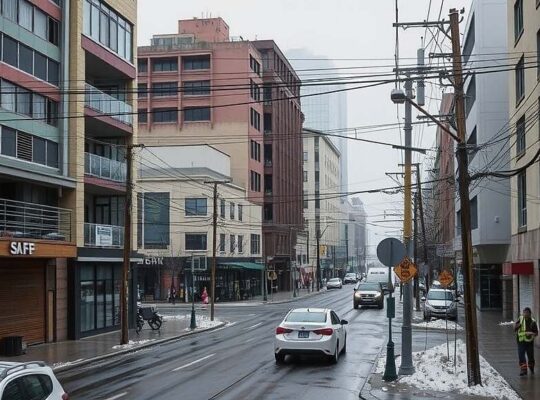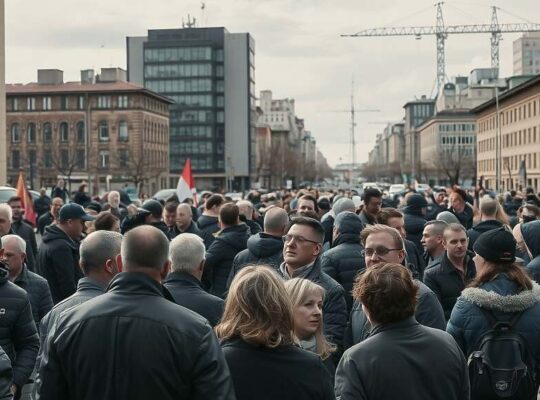Berlin’s governing mayor, Kai Wegner of the Christian Democratic Union (CDU), is pushing for a constitutional amendment to enshrine citizen referendums into the city’s legal framework before the upcoming Berlin elections. Wegner, in statements to the Tagesspiegel, expressed hope for swift legislative action, aiming to introduce and pass the necessary law before the current legislative period concludes.
The plan, currently under discussion with coalition partner the Social Democratic Party (SPD), requires not only legal drafting but also a constitutional revision demanding support from opposition parties, namely the Green Party and the Left. Securing a two-thirds majority in the Berlin Abgeordnetenhaus necessitates the cooperation of at least one of these parties.
Wegner has urged members of the black-red coalition to commit to the implementation of citizen referendums and to propose specific avenues for enabling these consultations by the Senate. He emphasized that the instrument should not be limited to high-profile issues such as potential Olympic bids or development around Tempelhofer Feld, but should be applicable to “all important topics” signaling a desire to expand direct democratic participation in decision-making.
While Wegner acknowledges the improbability of conducting a referendum on a potential Olympic bid – a process akin to the recent one in Munich – before the 2026 elections, he is advocating for and encouraging participation in a petition drive currently underway by the Berlin State Sports Association. They aim to gather signatures, with a target of 20,000, to initiate a citizen initiative, although this differs from a legally binding citizen vote as it does not have immediate consequences.
The proposal, however, faces significant opposition. Bernd Graf, parliamentary group leader for the Green Party, has criticized the initiative as a manipulation of democratic tools, warning that it could be utilized to circumvent existing laws, particularly concerning the legally binding restrictions on development around Tempelhofer Feld. Recent polls suggest a shift in public opinion favoring development of this area, raising concerns that a referendum could be exploited to overturn the current regulations.
Similarly, the Left party has expressed skepticism, arguing that citizen votes should remain a tool of the people, not a mechanism controlled by the government. Frauke Helm, parliamentary group leader for the Left, cautioned against “top-down referendums” highlighting concerns about the power vested in those in authority to dictate the content, phrasing and timing of any vote.
Despite these challenges, the SPD asserts that the introduction of citizen referendums has been a longstanding demand within the party and a prior agreement with the CDU. According to a statement released by the SPD parliamentary group, only a legally sound draft, mirroring existing arrangements at the district level, is currently missing. The responsibility, they maintain, falls on the Senate to provide this framework.
The push for wider-ranging referendums underscores a broader political tension within Berlin: a desire for increased citizen participation balanced against concerns about potential manipulation, legislative circumvention and the potential erosion of existing legal protections.


